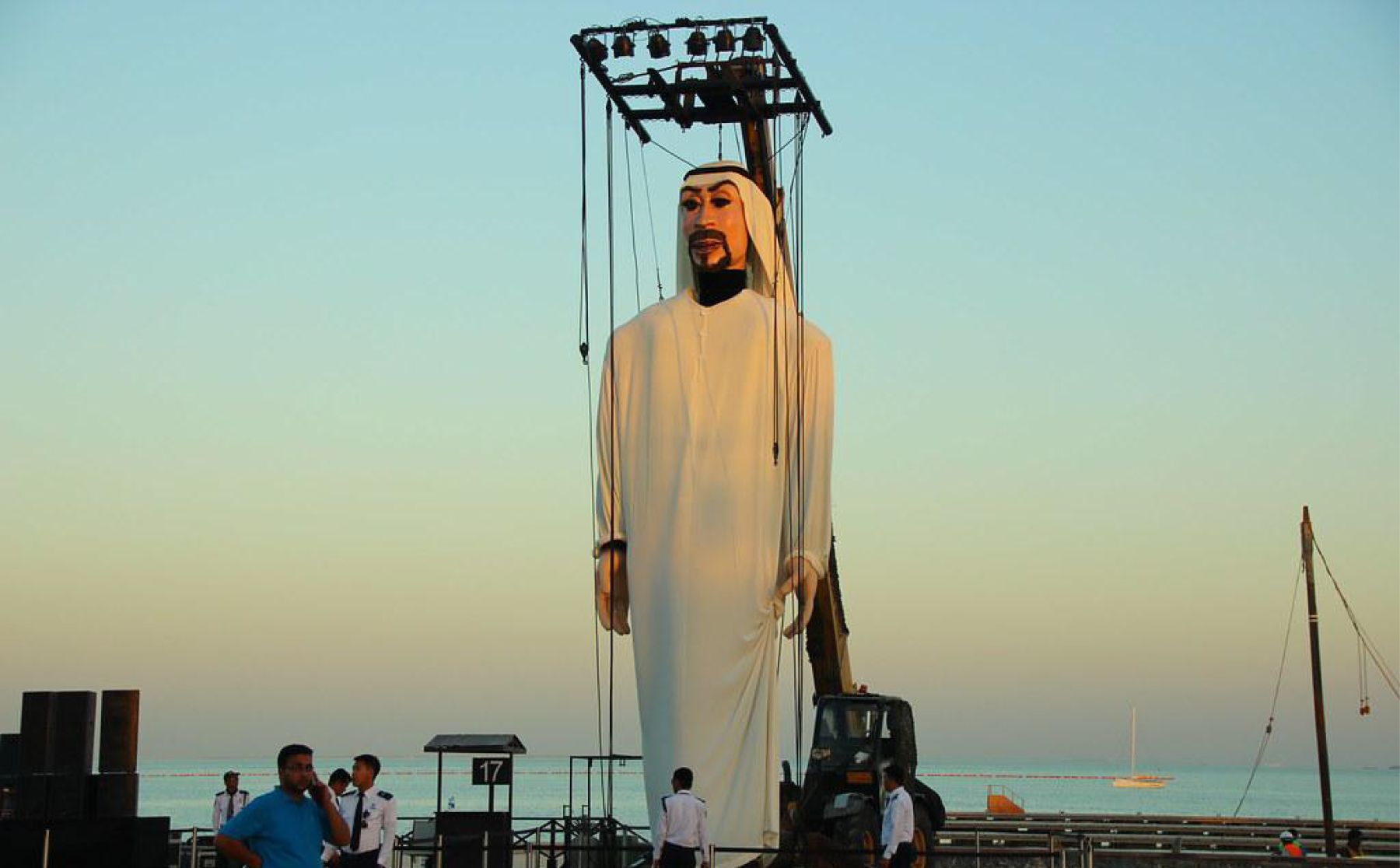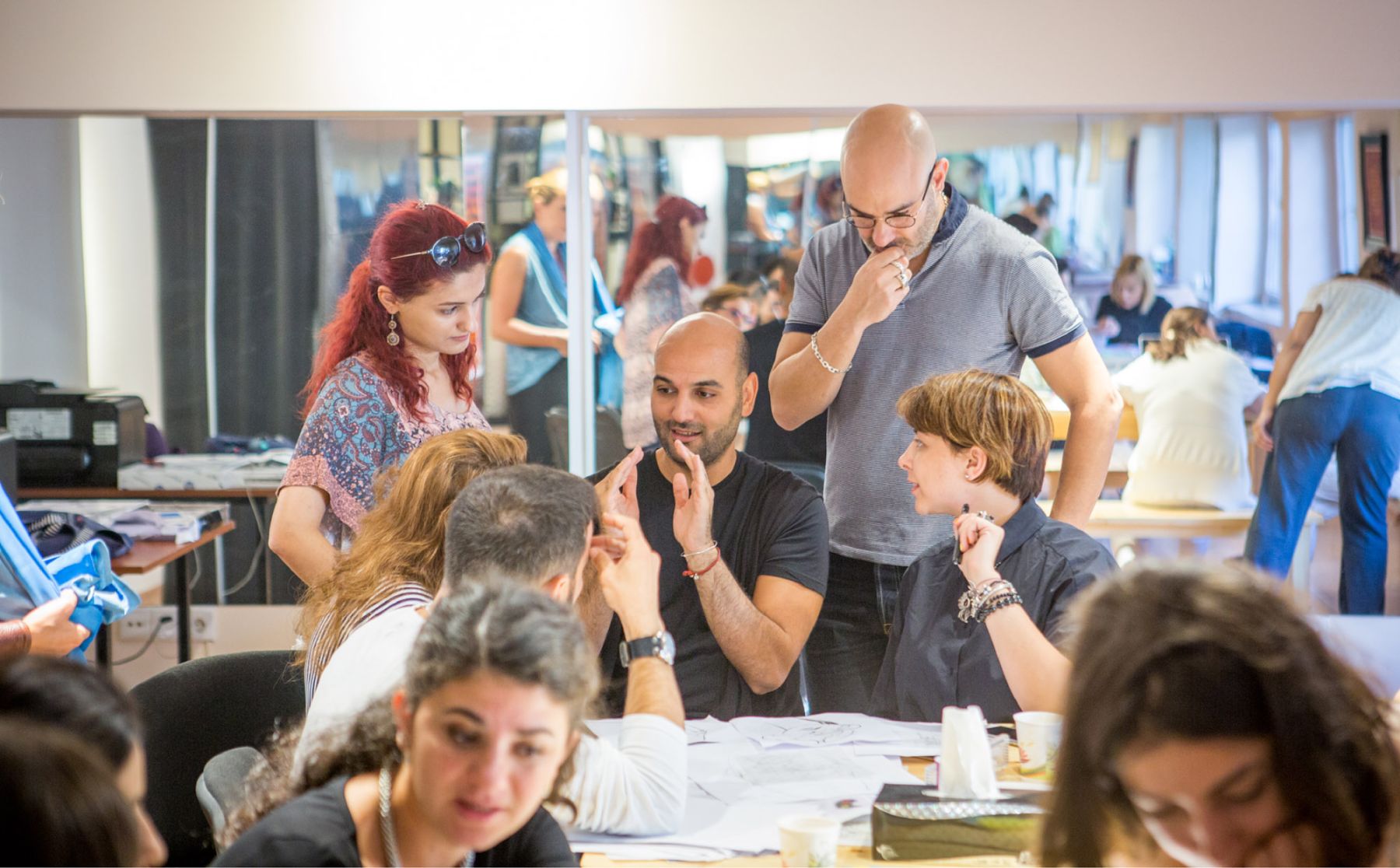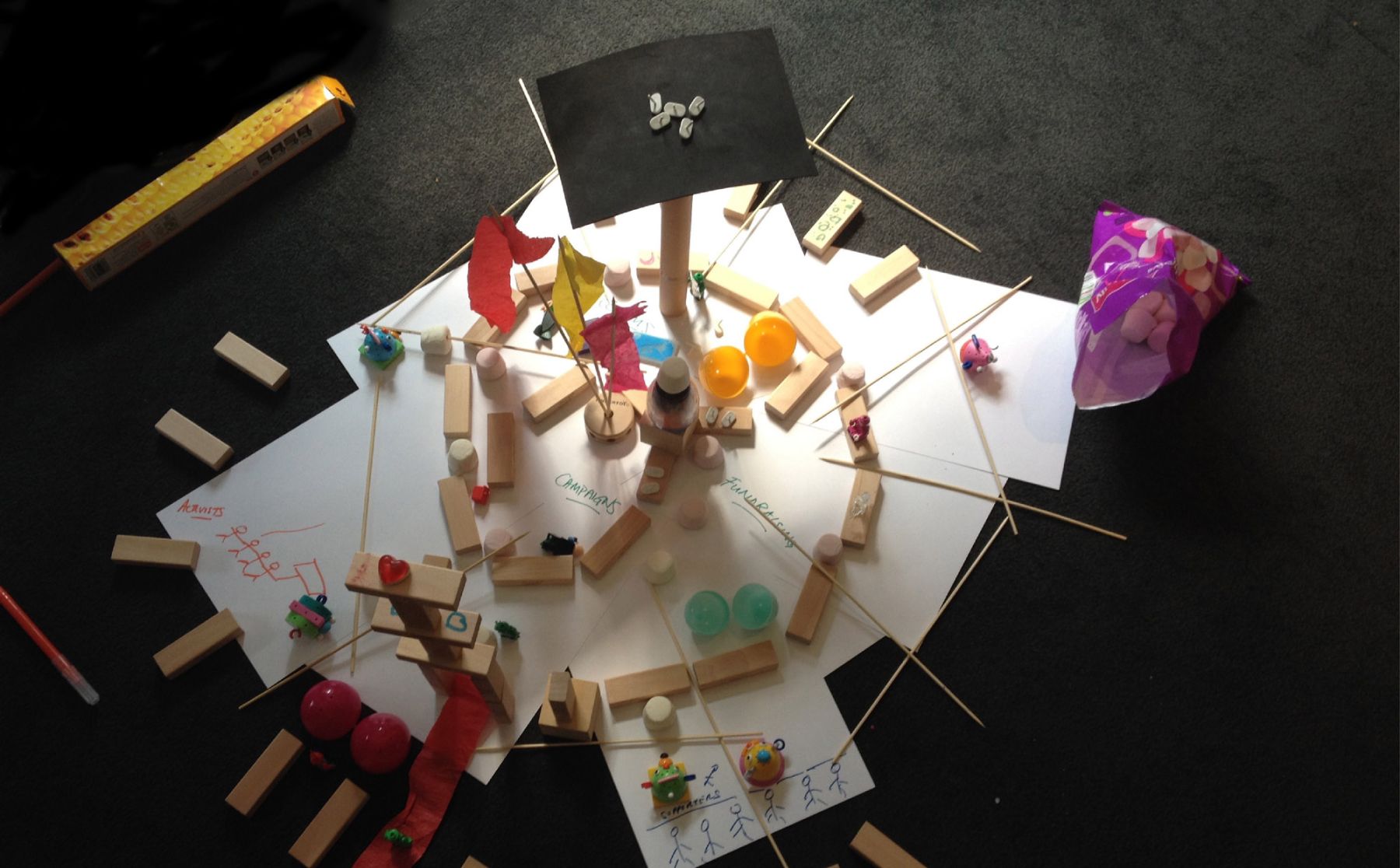Pouring the Gahwa and Listening to the Tales:
The Tradition of Hakawati and Modern Storytelling
Love, betrayal, action, and drama…captivating themes of stories have held our attention for hundreds of years. Before they hit television screens and were transformed into blockbusters at cinemas, stories were told through a traditional, one-man narrative: the Hakawati, or Al Rawi. It is now a lost tell-tale profession that once boomed across Arabia and the Middle East.
Hakawati comes from a fusion of two Arabic words: hekaye means “the story” and haki means “to talk,” and the one who would tell the tales was a hakawati.Al Rawi would “yerwi” tell the “rewaya” the story. Different titles, same job: professional storyteller for hire.
Under the palm trees and in the desert lands, in tribal huts and homes, people would gather and hear the narrated fantasies and intertwined tales through gripping plot lines. Have the traditions of storytelling been lost to us forever? No, they have changed form. Families today, and especially during Ramadan, gather around to watch television soap operas and shows to discuss and debate the stories they have just heard.
Every year at Ramadan, families prepare the dalahs with Arabic coffee, stock samboosa’s in the freezer, ready to serve iftar meals, and pour the gahwa. Ramadan is the holy month when the atmosphere feels different—a sense of peace engulfs us, a strong bond to faith feeds us, and a stronger bond to our families ties altogether.
After iftar, it is a tradition in most households to gather in the living room. Tea and coffee are served with a side of deserts; sweet dates from Al-Hasa palm trees, traditional treats, and of course, the remote control. The networks play the familiar Ramadan tune (as it does every year) and the Ramadan television series’ start. Saudi actor Nasser AlGasabi is always a crowd-pleaser with his classic comedic acting and renowned dramatic roles, Kuwaiti Souad Abdullah captivated audiences throughout the years and has been dubbed ‘Cinderella of Gulf TV,’ and many other actors have come and gone every Ramadan, delighting audiences through comedy, drama, and Tales.
When the TV show ends, the topic often sparks conversation, and questions are asked. “Why did you think he did that?” “What could this mean for that family?” “Did you catch that reference to the issue we are facing today?” Storytelling is still real, audiences are still pulled in, especially during Ramadan. When families gather, the TV is clicked on, and a story unfolds. The tradition of hakawati is alive, its purpose and principle linger on.
Storytelling remains an important tradition in Arab culture and beyond. Storytelling has been subconsciously shared among people – in family gatherings where jokes are at the epitome of conversations; in coffee shops, where friends talk about their days and latest dramas, and in other casual settings that promote stories in today’s exchanges. The traditions of storytelling have transformed over the years. Storytelling has now formed into virtual channels, where storytelling masters in film and theater are meeting to elevate plot lines and deepen character developments.
To keep the many formats of storytelling alive, the King Abdulaziz Center for World Culture (Ithra) has opened up its virtual gates to film and theater. Through Ithra’s Film Society and Theater Society, professional and inspired filmmakers, scriptwriters, directors, producers, and more gather to discuss films, attend screenings, read scripts, share ideas and much more to uplift their talents and passions in modern-age storytelling. Ithra stands as a beacon of change in the Kingdom of Saudi Arabia, it upholds the traditions of tales and cultural spirit through the modern ways of storytelling. The public can join in virtually and listen to narrative stories as they are being crafted.
The deep roots in storytelling are alive in Arab culture, Ramadan television series highlight similar themes that have been expressed through hakawati, the art and vitality are being fueled through Ithra Film Society and its Theater Society, and audiences of all mediums have share their thoughts and passion for the beauty of the narrative stories.
Our modern, fast-paced era seems to have moved so far past old traditions, but if we look closer, we realize that the traditions have only manifested into modernized forms. The storytelling seed of hakawati had been planted in Arab and Middle Eastern customs long ago, now it grows in diverse ways and reaches tens of thousands of listeners at a high peak during the holy month of Ramadan.








